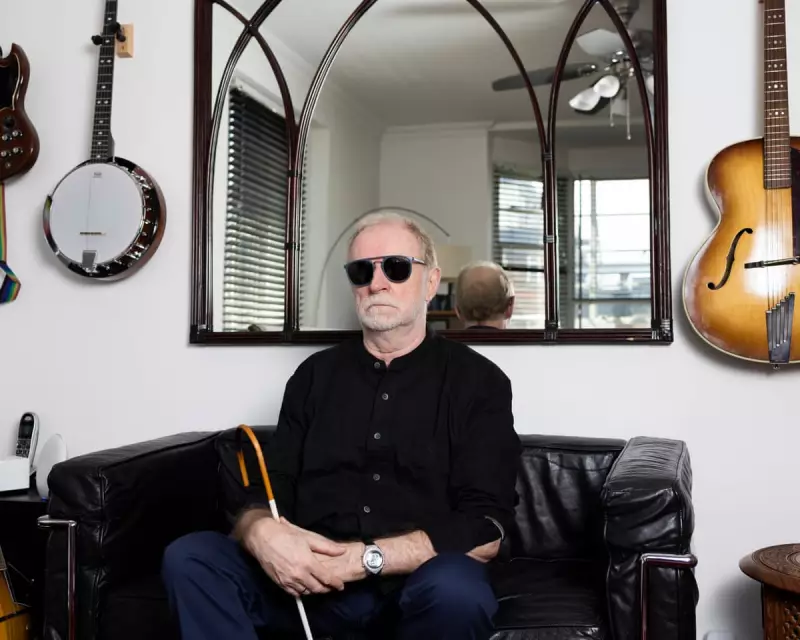
Sir Robin Millar CBE, the legendary music producer behind global smashes for Sade and Fine Young Cannibals, is channelling his creative energy into a far more personal fight: dismantling the UK's enduring barriers for disabled people.
Blind since his thirties, Millar draws from his own experience to deliver a powerful critique of a society still failing its disabled citizens. He describes navigating a world filled with what he terms 'hostile architecture' and a frustrating lack of awareness.
The Invisible Becomes Unignorable
Millar's activism isn't just about ramps and rails. He forces a conversation on the subtle, daily obstacles. "It’s the bollards placed in the middle of the pavement... the way modern buildings are designed with steps and glass doors that are impossible to see," he explains, highlighting how the built environment often excludes by default.
His frustration is palpable when discussing the public's occasional reluctance to offer help, born from a fear of causing offence. "The greatest disability is the way society is organised," he states, echoing the social model of disability.
A Lifelong Battle for His Daughter
The fight is also deeply personal. Millar's 25-year-old daughter, who has learning disabilities and is non-verbal, faced a constant struggle within the education system. He recounts the immense burden of battling for her basic right to appropriate schooling, a story that will resonate with countless families across the UK.
"We were told she was ‘too disabled’ for a mainstream school but ‘not disabled enough’ for a special school," he reveals, exposing the cruel Catch-22 within the SEND system. This personal battle fuels his demand for a more compassionate and effective framework for support.
A Call for Radical Change, Not Tweaks
For Millar, incremental change is no longer enough. He argues for a fundamental redesign of our communities and a seismic shift in attitude. He believes that creating a world that works for disabled people ultimately creates a better, more efficient, and more empathetic world for everyone.
His message is a clarion call to policymakers, architects, and every citizen: look up, look around, and actively work to remove the barriers—both physical and societal—that continue to disable millions.





